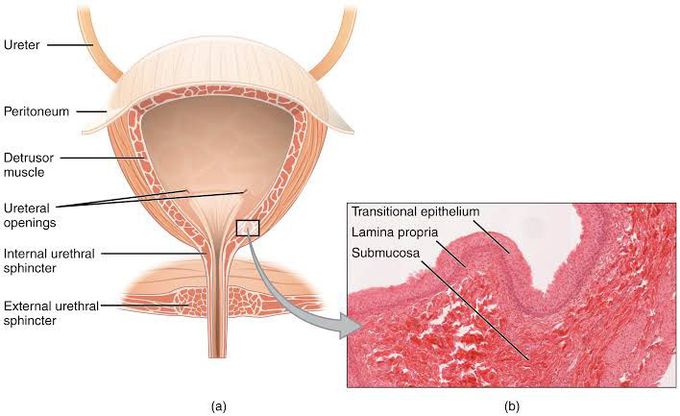


Treatment of urinary incontinence
Initially, your GP may suggest some simple measures to see if they help improve your symptoms. These may include: lifestyle changes, such as losing weight and cutting down on caffeine and alcohol pelvic floor exercises (exercising your pelvic floor muscles by squeezing them) taught by a specialist bladder training (where you learn ways to help you wait longer between needing to urinate and passing urine) guided by a specialist You may also benefit from the use of incontinence products, such as absorbent pads and hand-held urinals (urine collection bottles). If you are still unable to manage your symptoms, medication may be recommended. Surgery may also be considered. The specific procedures suitable for you will depend on the type of incontinence you have. Surgical treatments for stress incontinence, such as tape or sling procedures, are used to reduce pressure on the bladder, or strengthen the muscles that control urination. Operations to treat urge incontinence include enlarging the bladder or implanting a device that stimulates the nerve that controls the detrusor muscles

